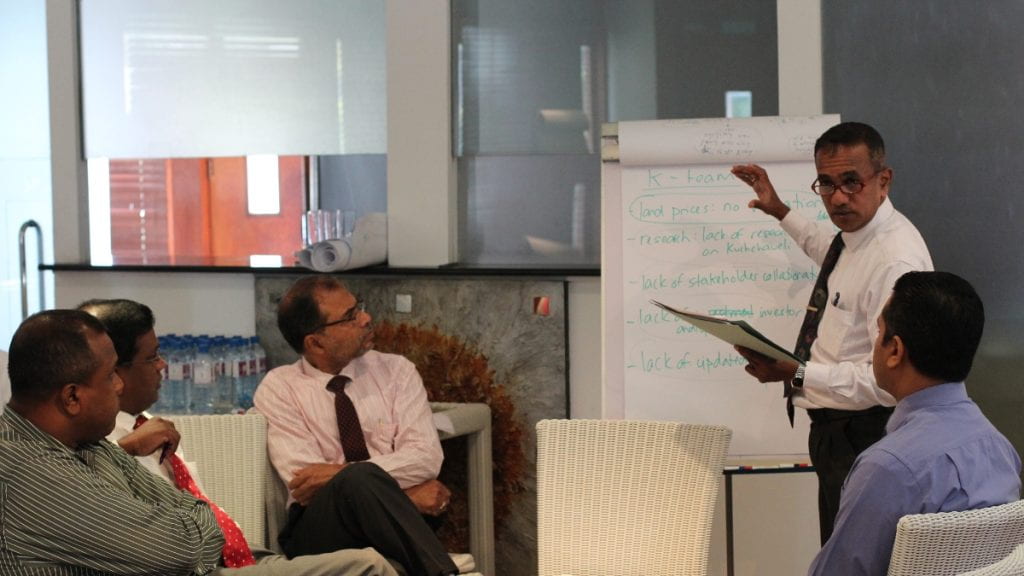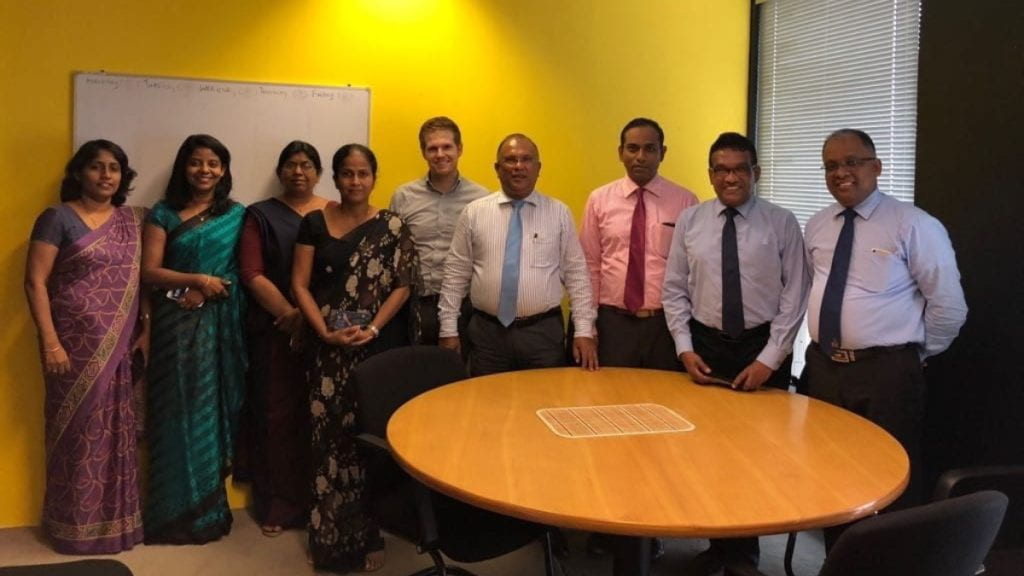Color Palette

Alice Blue #F1F7FA
use the default text color Ink (#1E1E1E)
Blue #254977
use White (#FFF) as text color
Alabaster #EDEBE3
use the default text color Ink (#1E1E1E)
Flame #DB8749
use the default text color Ink (#1E1E1E)
Blue Sapphire #195F74
use White (#FFF) as text color
Font
Open Sans (a Google font): https://fonts.google.com/specimen/Open+Sans
Images
Heros & Page Featured Images
Crop will be taken from the middle slice of the image on desktop at 315px tall
2000 x 600px (okay to keep same aspect ratio, but keeping it shorter will give more control over the hero crop)
Blog Post Featured Images
These images appear in the hero area of the blog post, but also come through in various list views, so it is more important that these are cropped with a consistent aspect ratio of 16:9.
Acceptable image dimensions at that aspect ratio are:
- 1200 x 675 px
- 1920 x 1080 px
- 2550 x 1440 px
Some pages, like Events landing page have aspect ratio of 3:2: https://bsc.hks.harvard.edu/events/
Standard Cards
601 x 338px (16:9 aspect ratio)
Side Cards
600 x 400px recommended, although the media and text blocks used for this card are meant to be flexible. It is most important to maintain consistent image sizes when they are in a list
Person Headshots
180 x 220px
Headshots on CoP page
480 x 640px
Event Spotlight
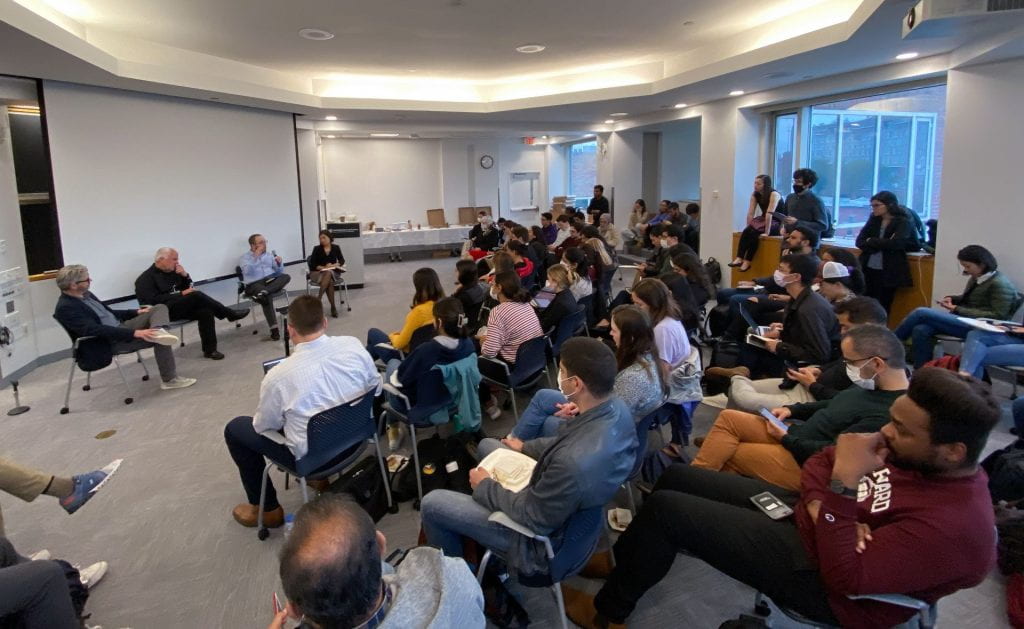
Learning, Failure, and Blame in the Public Sector
September 22, 2022
Harvard Kennedy School
Problems in the public sector are numerous. It is an arena where critique is constant, mistakes are magnified, success is taken for granted, and the risk of failure has public consequences. In this complex landscape, how do you pivot from finger-pointing positions of ‘winner-loser’ and ‘we-they’ to creating a learning environment of “us?” Is failure without blame possible? We explore these questions in this panel discussion on “Learning, Failure, and Blame in the Public Sector” with Lant Pritchett, Salimah Samji, Dan Honig, and Matt Andrews.
Card Blocks (manual variation 1)

My IPP Journey in Louisiana: The World Got Smaller as the Process Deepened
October 28, 2022
Guest blog by Delery Rice, IPP 2021 The COVID pandemic offered many challenges and horrible outcomes for so many people

Civil service expenditure in Fiji
September 29, 2022
Guest blog written by Bernadette C Bainimarama, I signed up for this course with the belief that I would learn strategies to

PDIA to accelerate energy transitions and net zero economies in LAC
Guest blog written by Alfonso Blanco Bonilla, I have the honor of leading the Latin American Energy Organization since 2017.
Card Blocks (manual variation 2)
Lorem ipsum dolor sit amet, consectetur adipiscing elit, sed do eiusmod tempor incididunt ut labore et dolore magna aliqua. Cursus eget nunc scelerisque viverra mauris in aliquam sem fringilla. Enim nec dui nunc mattis enim ut tellus.
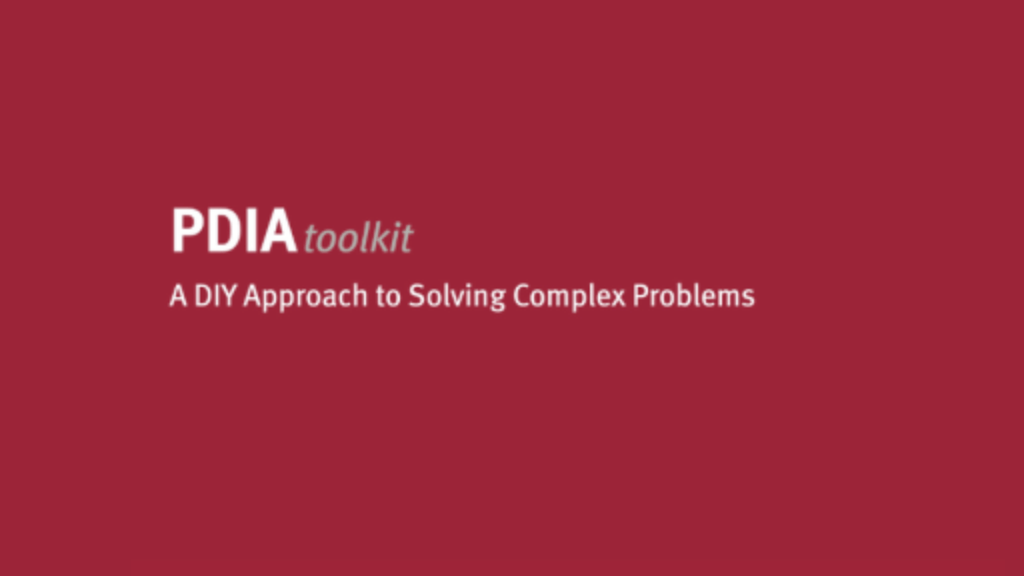
PDIA Toolkit
Lorem ipsum dolor sit amet, consectetur adipiscing elit, sed do eiusmod tempor incididunt ut labore et dolore magna aliqua.

Audio & Video Guides
Cursus eget nunc scelerisque viverra mauris in aliquam sem fringilla. Enim nec dui nunc mattis enim ut tellus.

Side Card
Lorem ipsum dolor sit amet, consectetur adipiscing elit, sed do eiusmod tempor incididunt ut labore et dolore magna aliqua.
Upcoming Event

Building PFM Capabilities in Africa Closing Workshop
December 11-13, 2023
Lisbon, Portugal
BSC collaborates with other organizations to offer international training programs where groups from multiple countries engage in a combined in-person workshop to learn the basics of PDIA. The groups then return to their countries to apply what they have learned for a period of 6-7 months and finally re-convene to share lessons and achievements.
Executive Education Programs
Duis aute irure dolor in reprehenderit in voluptate velit esse cillum dolore eu fugiat nulla pariatur. Excepteur sint occaecat cupidatat non proident, sunt in culpa qui officia deserunt mollit anim id est laborum.
Implementing Public Policy
Why is policy implementation failure so common? What can be done about it so that we can achieve successful outcomes more often and make real change happen?

Leading Economic Growth
Leading Economic Growth Online is an executive program that brings together leading experts in economic development with practitioners from around the globe to focus on practical approaches to shared growth and development.

PDIA Toolkit
A DIY Approach to solving complex problems.
The PDIAtoolkit is designed to guide you through the process of solving complex problems which requires working in teams.
Contrasting current approaches and PDIA – Taken from “What is PDIA” page
| Elements of Approach | Mainstream Development Projects/Policies/Programs | Problem Driven Iterative Adaption |
|---|---|---|
| What drives action? | Externally nominated problems or ‘solutions’ in which deviation from ‘best practices’ forms is itself defined as the problem | Locally Problem Driven – looking to solve particular problems |
| Planning for action? | Lots of advance planning, articulating a plan of action, with implementation regarded as following the planned script | ‘Muddling through’ with the authorization of positive deviance and a purposive crawl of the available design space |
| Feedback loops | Monitoring (short loops, focused on disbursement and process compliance) and Evalulation (long feedback loop on outputs, maybe outcomes) | Tight feedback loops based on the problem and experimentation with information loops integrated with decisions |
| Plans for scaling up and diffusion of learning | Top-down – the head learns and leads, the rest listen and follow | Diffusion of feasible practice across organizations and communities of practitioners |
Project page templates:
Project-Related Blog Posts (An option but prefer below as template to use)
Learning to Develop a Sustainable Tourism Project by Tim McNaught and Anisha Poobalan
Evaluating Potential Sites for New Industrial Zones by Priyanka Samaraweera
Attracting Anchor Investors in Solar Panel Manufacturing by Ganga Palakativa
More Blog Posts
Learning to Engage New Investors for Economic Diversification – Let’s Go Fishing! by Anisha Poobalan
Learning to improve Sri Lanka’s business and investment climate using PDIA by Peter Harrington
Motivating teams to muddle through by Anisha Poobalan
Blogs (manual) – Can display 3 or 6 blogs
Project Photos
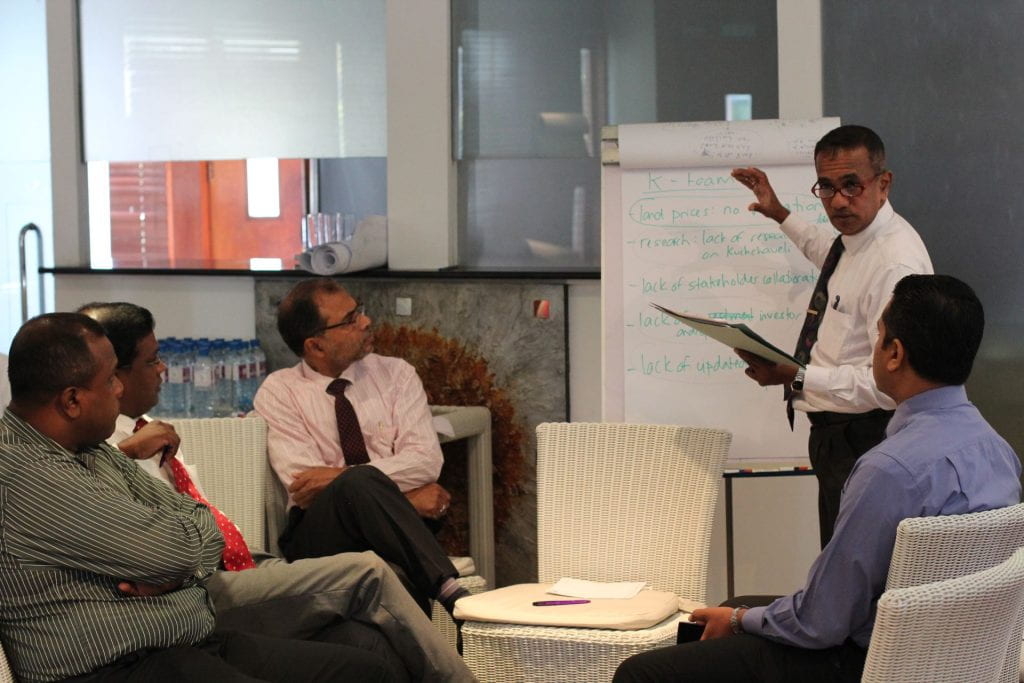
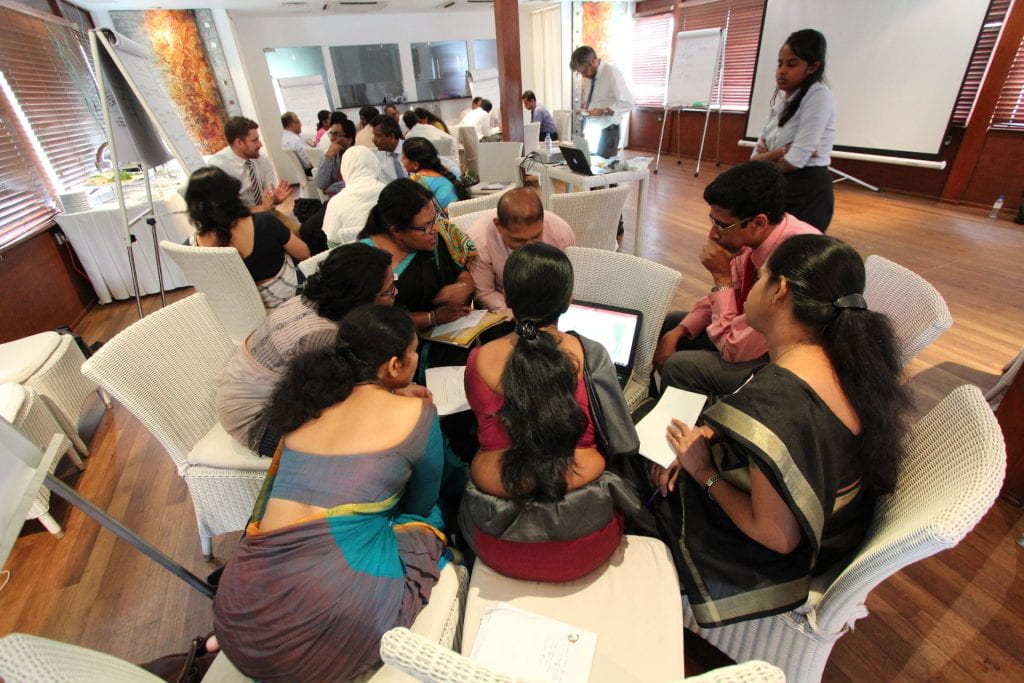
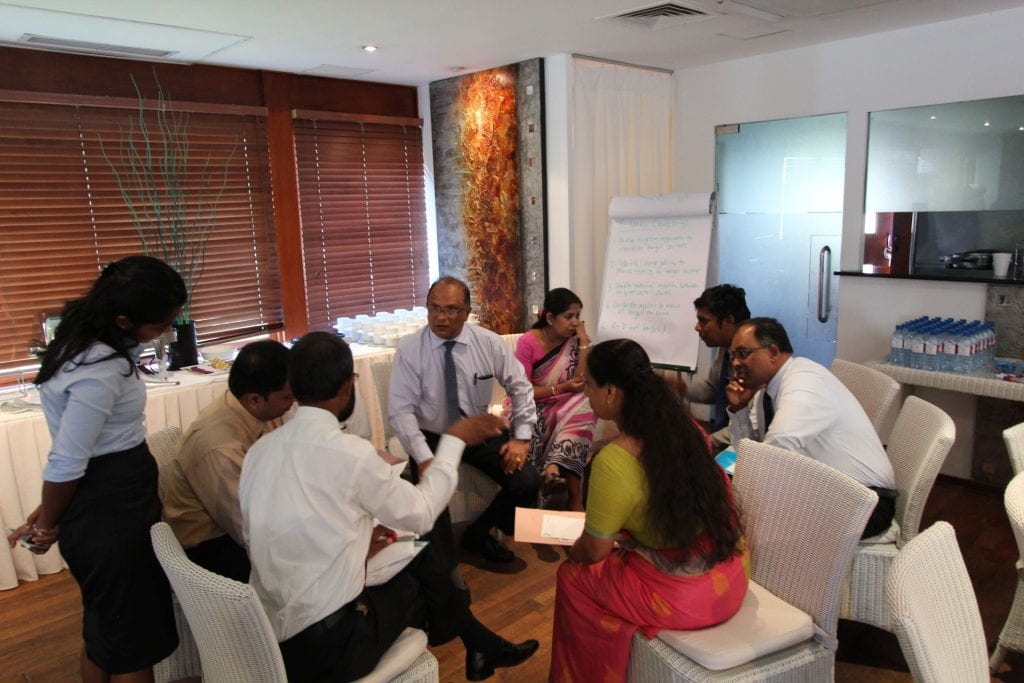
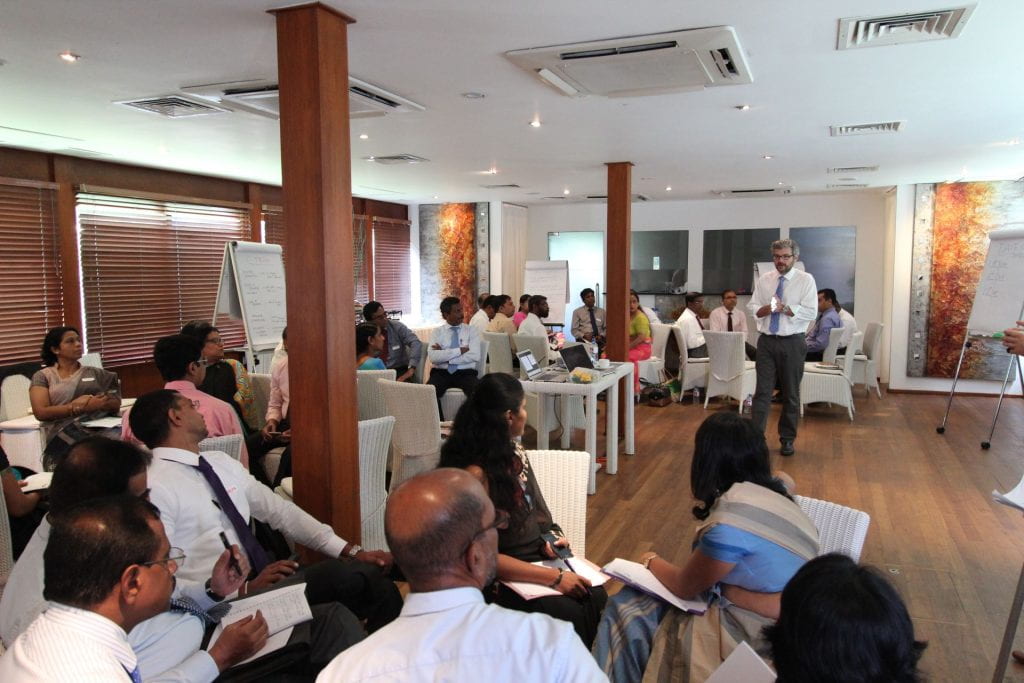
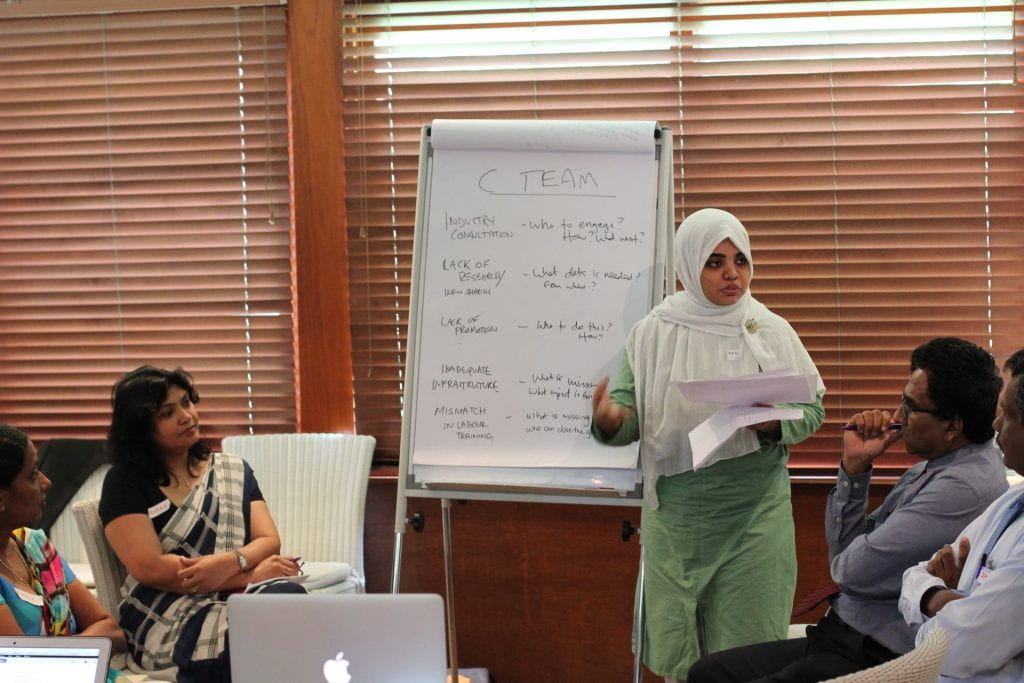
Test – Paragraph (L)
Test – H2
Test – H3
Test – Normal Text
Test – Small Text
Upcoming Events

Motivation and Purpose in the Public Sector
October 28, 2024
Harvard Kennedy School
In this book talk, Elizabeth Linos engaged in a conversation with Dan Honig on the topic of motivation and purpose in the public sector. The discussion focused on how governments can break from the status quo and cultivate a workforce of dedicated, empowered public servants.





